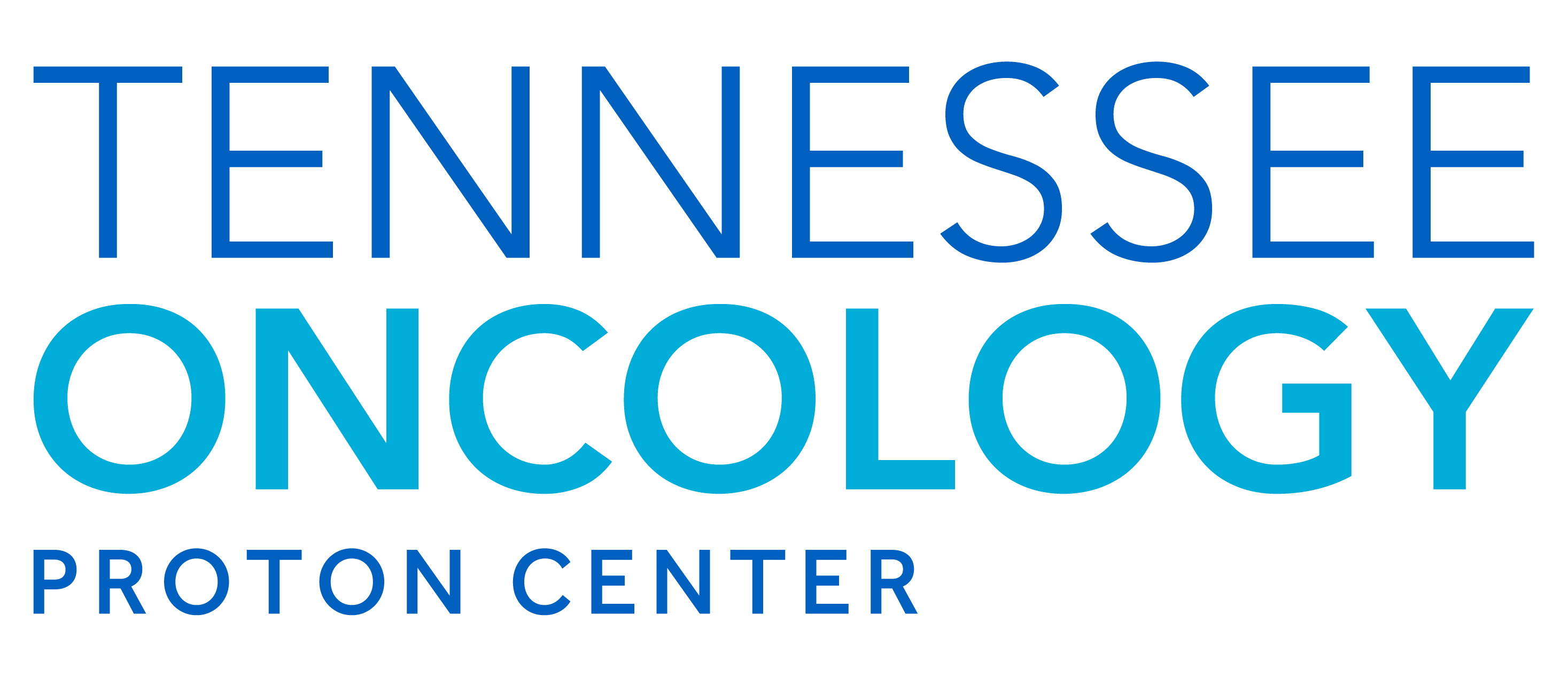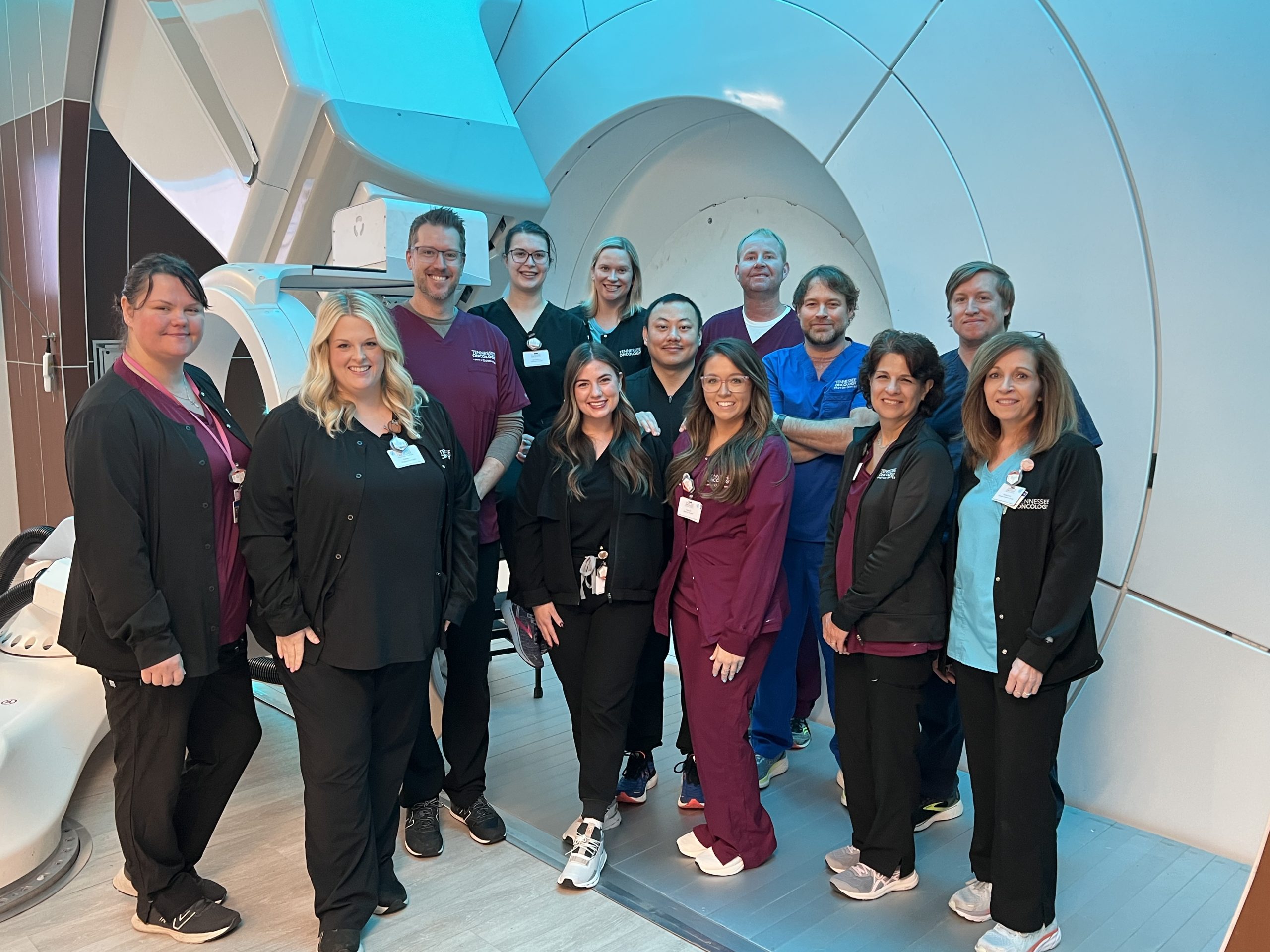Understanding the Role of RTTs in Radiation Oncology
When facing cancer, patients meet a team of professionals dedicated to providing the best possible care. Among these professionals are Radiation Therapy Technologists (RTTs), who play a fundamental role in the delivery of radiation therapy. But who are these experts, and what exactly do they do?
What Are RTTs?
RTTs are highly trained health care professionals specializing in the use of radiation to treat cancer. They work alongside doctors, nurses, and physicists to ensure that radiation treatments are delivered safely and accurately. Think of them as the skilled operators who administer the complex technology that targets cancer cells with precision. In our case, RTTs operate our highly complex ProNova SC360 system.
What Is Radiation Therapy?
Radiation therapy is a form of cancer treatment that uses high-energy radiation to shrink tumors and kill cancer cells. It’s like using a very precise beam of energy to target just the bad cells without causing too much damage to the surrounding good cells. The goal is to destroy the cancerous cells while sparing as much of the healthy tissue as possible. Proton Therapy is a specialized form of radiation therapy that allows our team to target cancer cells while simultaneously reducing the risk to sensitive tissue near the tumor.
The Daily Life of an RTT
An RTT’s day is filled with both technical and patient care responsibilities. RTTs are involved in the planning process, working with doctors, dosimetrists, and medical physicists to map out the exact location of the cancer. They use advanced imaging technology, such as CT scans, to create a “simulation” for targeting the tumor.
When it’s time for the actual treatment, RTTs prepare the patient and operate the machines that deliver the radiation. They’re like pilots steering a very sophisticated aircraft; they need to know how to navigate the equipment with precision and care. RTTs are responsible for positioning patients correctly and ensuring that the radiation is delivered exactly where it needs to go.
Communication and Care
RTTs are also key communicators for patients. They explain procedures, answer questions, and provide a comforting presence. They are involved in every step of the process, checking on how patients are doing so that they can help manage side effects from the treatment. This supportive role is crucial, as undergoing cancer treatment can be a stressful experience.
Safety and Accuracy
One of the most important aspects of an RTT’s job is to ensure patient safety. They methodically check the treatment plans and settings on the proton therapy machine before each session. Every detail matters: even the slightest deviation can affect treatment outcomes. RTTs work with a level of precision that is paramount in the medical field.
The Impact of RTTs
RTTs make a profound impact on the cancer journey. They blend the art of patient care with the science of radiation oncology, and more specifically in our case, proton therapy. Their expertise allows for the efficient and effective treatment of cancer while also focusing quality of life adjustments for every patient.
For patients, knowing that these specialists are part of the team can be incredibly comforting. With their blend of technical skill and compassionate care, RTTs are unsung heroes in the fight against cancer.
In conclusion, RTTs are a cornerstone of the radiation oncology industry. Their role is vital in ensuring treatments are delivered accurately and compassionately. So, if you or a loved one is receiving radiation therapy or proton therapy, rest assured that there’s a dedicated RTT working behind the scenes, committed to providing the best care possible.

